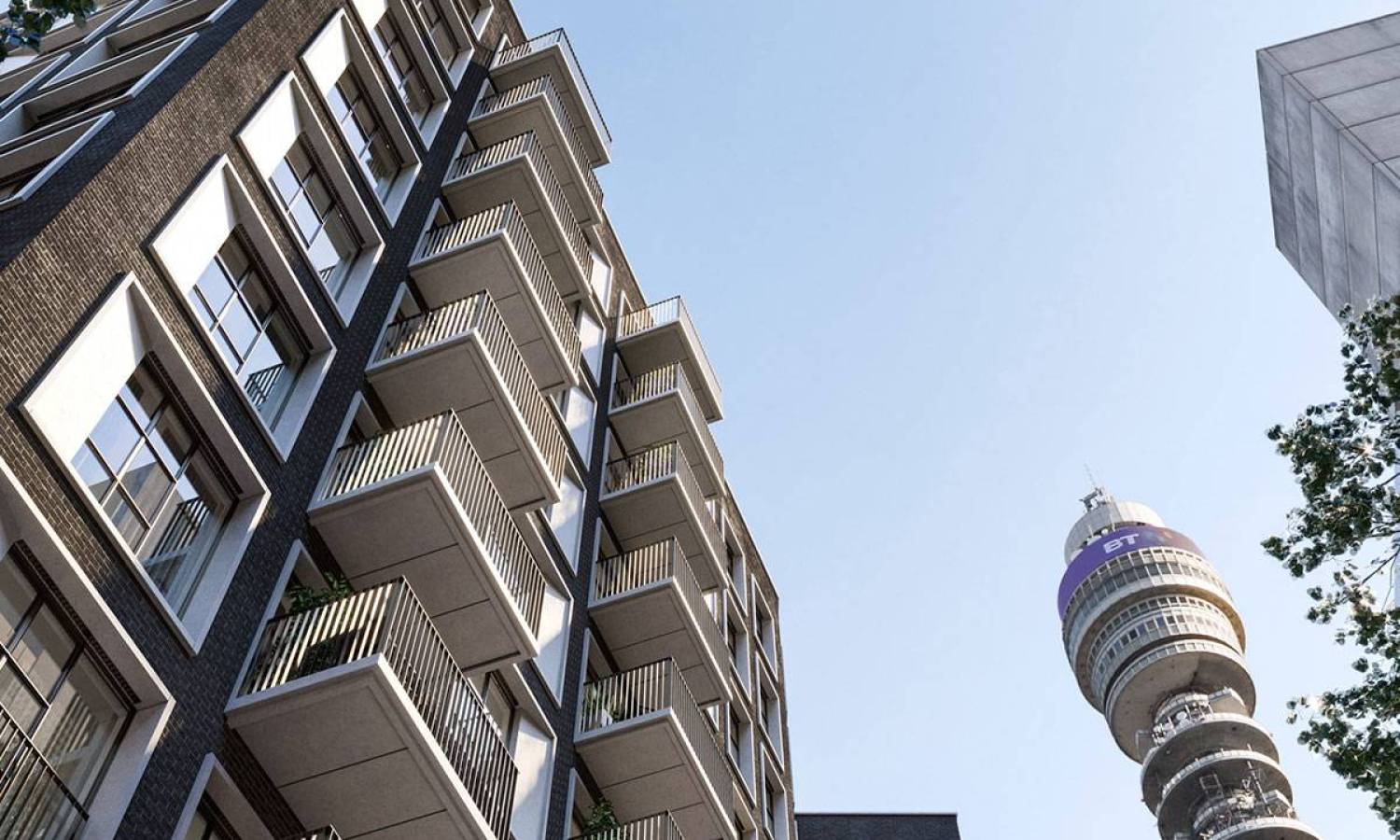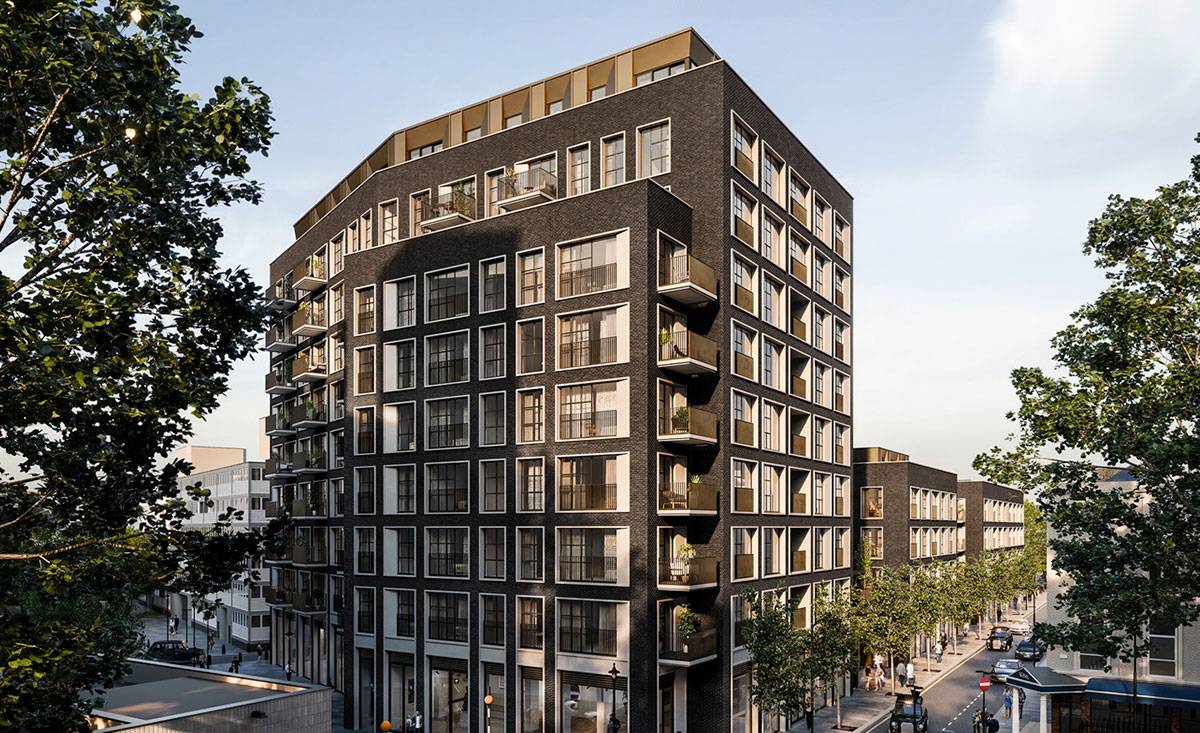
New MEES Rules for Landlords: Avoid Costly Fines by Understanding the Changes
As of April 1, 2023, the Minimum Energy Efficiency Standard (MEES) rules have been revised. Landlords renting homes should know about these modifications to avoid potential £5,000 to £150,000 fines.
Under the updated MEES Rules, proprietors are prohibited from renting or continuing to borrow premises with an Energy Performance Certificate (EPC) rating below E unless they have an active exemption. Property-rated EPC F or G must be upgraded to an E category. Exceptions must be registered before a new lease is accepted.

Some non-residential developments are exempt from the requirement to provide an A to E-rated EPC. These privilege equities include:
- places of worship,
- houses subject to demolition with evidence such as a building permit,
- free-standing real estate less than 50 sq. m,
- temporary developments designed for only two years (with a construction permit),
- leased developments with a sublet term of 99 years or more,
- registered or officially protected residencies, in respect of which the recommended improvements would unacceptably change the real estate.
To determine exception eligibility, tenants must obtain an EPC from an inspector to demonstrate that achieving the minimum E category is impossible. If you are not a huge fan of such activities, you may look for a new build house where these indicators are already appropriate.

Property owners must take immediate action to enforce the new rules and continue to rent out their homes.
Here are the required steps:
1. Check the EPC rating and expiration date for every house you own or hire. EPC certifications are valid for ten years unless significant changes are made.
2. Determine if any development falls under the exempt categories mentioned above.
3. If the valuation is below E, evaluate if any exceptions apply. Examples of exceptions include such situations where house improvements will devalue the premises. Additionally, if the dweller refuses to consent to repairs or the resident restricts the landlord's access to the real estate to improve energy efficiency.
4. If discharges do not apply, take action to improve the EPC rating by implementing energy improvements as soon as possible.
The cost of improvements may be recovered by the tenants of the house through the service charge clauses in the lease. Holders should be aware that denying landowner access to an apartment to improve energy efficiency may constitute a material violation of the sublet's terms and may result in forfeiture of it.




